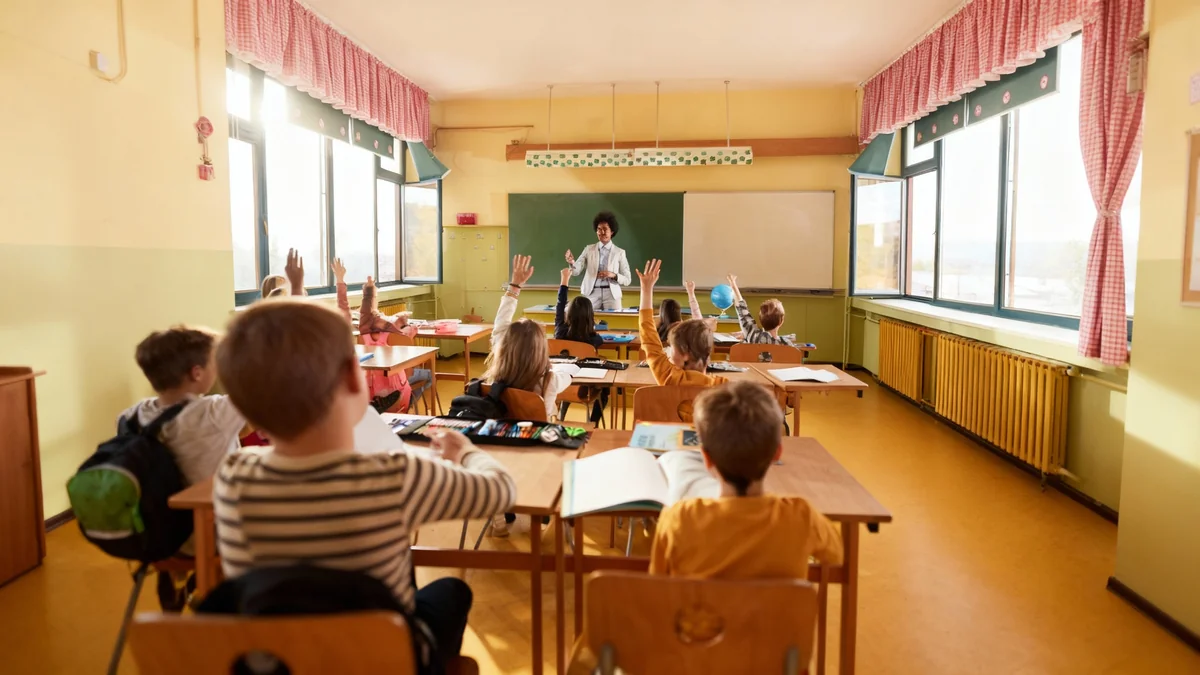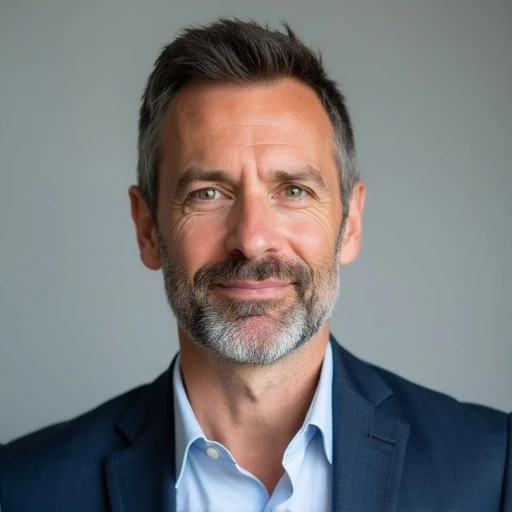Oklahoma has become a focal point in the national debate over public education, implementing a series of conservative policies years before they became part of a broader political agenda. The state's approach emphasizes patriotic and Christian-centric curricula while placing new restrictions on how teachers discuss topics like race and gender.
This shift has positioned Oklahoma as a real-world test case for a different vision of American schooling. However, it has also sparked significant debate among educators, parents, and lawmakers, raising questions about academic freedom, historical accuracy, and the fundamental priorities for the state's students, many of whom attend schools facing chronic underfunding.
Key Takeaways
- Oklahoma enacted laws restricting lessons on race and gender in 2021, influencing curriculum and classroom discussions.
- New state social studies standards, though temporarily stayed by a court, include numerous references to Christianity and skepticism about the 2020 election.
- The state has promoted private school choice through tax credits, which critics argue diverts needed funds from struggling public schools.
- Despite the focus on cultural issues, Oklahoma consistently ranks near the bottom nationally in student performance and per-pupil spending.
- Educators and parents have mounted legal challenges and organized community resistance against many of the new policies.
A New Direction for Public Education
Long before recent national pushes to reshape public education, Oklahoma's Republican-led legislature began implementing significant changes. In 2021, the state passed a law that restricts how teachers can address race and gender. The legislation prohibits instruction that might cause a student to feel "discomfort, guilt, anguish" due to their race.
Following this, in 2022, a law was passed requiring students to use restrooms that align with their gender assigned at birth. These legislative actions were championed by former State Schools Superintendent Ryan Walters, who also advocated for placing Bibles in every classroom and utilizing content from PragerU, a conservative media nonprofit.
Walters, who resigned in September to lead a conservative think tank's education arm, was a vocal critic of what he termed "woke" classrooms and teachers' unions. His tenure saw the creation of a state Office of Religious Liberty and Patriotism, reflecting a broader effort to integrate specific values into the public school system.
A National Model?
Political strategists at the national level have pointed to states like Oklahoma as models for a broader overhaul of American education. The focus is on promoting "America First" principles, expanding private school vouchers, and limiting discussions on topics deemed divisive.
Curriculum in the Crosshairs
The changes in Oklahoma extend directly into what students learn. The state's new social studies standards, developed with input from The Heritage Foundation, have drawn considerable attention. If implemented, these standards would introduce approximately 40 points related to Christianity, including the teachings of Jesus, for students as young as second grade.
Rewriting History
The standards also instruct ninth graders to learn about alleged "discrepancies" in the 2020 presidential election, citing talking points that were widely dismissed in court. This has left some school administrators uncertain about how to teach current events without promoting unsubstantiated claims.
"There comes a point where curriculum cannot be opinion," said one district superintendent who requested anonymity due to fear of retaliation. "I’m not trying to get involved in conspiracy theories."
The teaching of historical events like the 1921 Tulsa Race Massacre has also become contentious. The 2021 law has made some educators hesitant to discuss the event's racial motivations, fearing they could violate the prohibition against making students feel guilt about their race. Former Superintendent Walters suggested teachers should present the facts but not state that "the skin color determined it."
To supplement classroom materials, the state has encouraged the use of PragerU Kids videos. One video on Booker T. Washington presents a narrative focused on self-sufficiency and downplays the brutalities of slavery and segregation. A cartoon version of Washington tells viewers, "America was one of the first places on Earth to outlaw slavery," a statement historians note is misleading, as other major nations abolished it earlier.
The View from Rural Districts
While state leaders focus on these cultural debates, many superintendents, particularly in rural areas, are preoccupied with more immediate crises. Crumbling infrastructure, low teacher salaries, and shrinking student populations are daily challenges.
Oklahoma's Education Rankings
- Student Performance: Ranks near the bottom nationally in 8th-grade reading and math proficiency, with only New Mexico scoring lower.
- Per-Pupil Spending: Among the lowest in the country, ahead of only Utah, Idaho, and Arizona.
- Average Teacher Pay: Tied with Mississippi for last place in the most recent federal data.
Tommy Turner, superintendent of Battiest Public Schools in southeast Oklahoma, said his priorities are fixing a cafeteria in disrepair and addressing nail heads poking through the gym floor. "I don’t have time to chase every rabbit," Turner stated. "I’ve got a school to run."
Many rural leaders worry most about the state's expansion of school choice. A tax credit program subsidizes families who send their children to private and religious schools, costing the state nearly $250 million in tax revenue this year. Superintendents argue this money is being diverted from public schools that desperately need it.
"You starve your public schools to feed your private schools and charter schools," said Charles Caughern Jr., superintendent of Nashoba Public School. He fears this trend will weaken the public system that is required to educate all children, including those with disabilities, whom private schools are not obligated to accept.
Resistance and Legal Battles
The wave of new policies has not gone unchallenged. A coalition of parents, educators, and public school advocates has been actively resisting. Legal challenges have been filed against the bathroom ban, the new social studies standards, and the creation of the nation's first religious charter school, which the Supreme Court blocked from opening.
A Teacher's Stand
Former Norman High School teacher Summer Boismier faced state action after protesting what she saw as censorship. When instructed to remove or hide books with themes on race and gender, she covered her classroom library with paper reading, "books the state doesn’t want you to read," and provided a QR code to the Brooklyn Public Library's digital collection.
Boismier resigned in protest and the state later revoked her teaching license for "moral turpitude," a decision she is currently challenging in court. "I am living every teacher in Oklahoma’s worst nightmare right now," she said. "I am unemployable."
Despite the political climate, there are signs of pushback. One suburban district is reportedly planning to teach all the new Bible-related lessons on a single day to make it easier for parents to opt their children out. The new State Superintendent, Lindel Fields, has also indicated a shift in priorities, stating his focus is on moving the state forward and resolving issues left by his predecessor.
Still, for many on the ground, the damage has been done. The political rhetoric has created a climate of distrust. Superintendent Turner recalled a parent withdrawing her child because she believed the school's values were no longer aligned with hers. "That’s the power of the rhetoric," he said.





